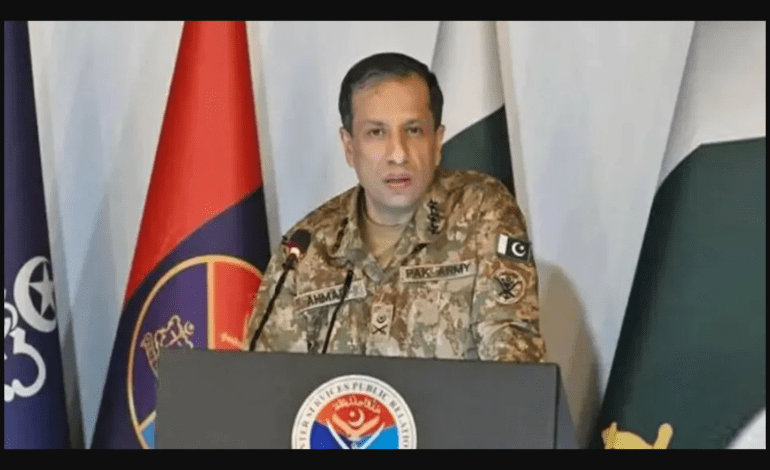
Pakistan ISPR caught faking evidence to blame India
Days after Pakistan’s Inter-Services Public Relations (ISPR) and Deputy Prime Minister Ishaq Dar blamed India for terror incidents on Pakistani soil, a series of revelations have exposed the ISPR’s baseless accusations as a web of lies built on fabricated evidence, fake chats, and propaganda theatrics.
According to disclosures made by a digital analyst on X (formerly Twitter), the Pakistani agency ISPR used manipulated screenshots, staged audio, and even a Chinese drone to try and shift blame for the Pahalgam terror attack onto India.
Facing backlash after the Pahalgam attack, Pakistan allegedly launched a coordinated disinformation campaign to paint India as the orchestrator of internal unrest. On April 29, Pakistan’s DG ISPR Lt. Gen. Ahmed Sharif Chaudhry accused India of sponsoring terror attacks. These claims were echoed by Deputy Prime Minister Ishaq Dar, who invited international experts to verify the “evidence.”
However, a tech-savvy X user deconstructed the ISPR’s claims in five key areas:
- Forensic Flaws:
The so-called forensic investigation was conducted on a live, active phone with dual SIMs — violating standard digital forensic protocols that require cloned, inactive devices to preserve data integrity. - Fake Audio Evidence:
ISPR claimed to have WhatsApp call recordings from a captured terrorist’s phone, but the user’s low education level made it unlikely he had the tools to record such calls. The likely alternative: planted malware or staged recordings. - Suspicious Screenshots:
Screenshots of chats were allegedly taken just seconds after messages were sent—before the accused was arrested. One screenshot was even taken at 3:08 a.m., hinting at clear evidence tampering. - Chinese Drone, Not Indian:
ISPR showcased a drone allegedly used in the attack, calling it of Indian origin. A reverse image search revealed it to be a Chinese DJI model, exposing another false claim. - Unverified Money Trail:
Pakistan claimed India paid terror operatives in small amounts to avoid ISI detection, but provided no credible financial records, Indian phone numbers, metadata, or ISP logs to support the accusation.
Despite ISPR’s dramatic 2 a.m. press conference, no solid evidence tied India to the attacks. The campaign appears to be yet another propaganda stunt from Pakistan’s military PR wing — an effort to deflect domestic failures by inventing an external threat.
Experts say this is not the first time Pakistan has pushed false narratives to mislead its citizens and the international community. The exposure of these falsehoods only deepens concerns about the credibility of Pakistani institutions.